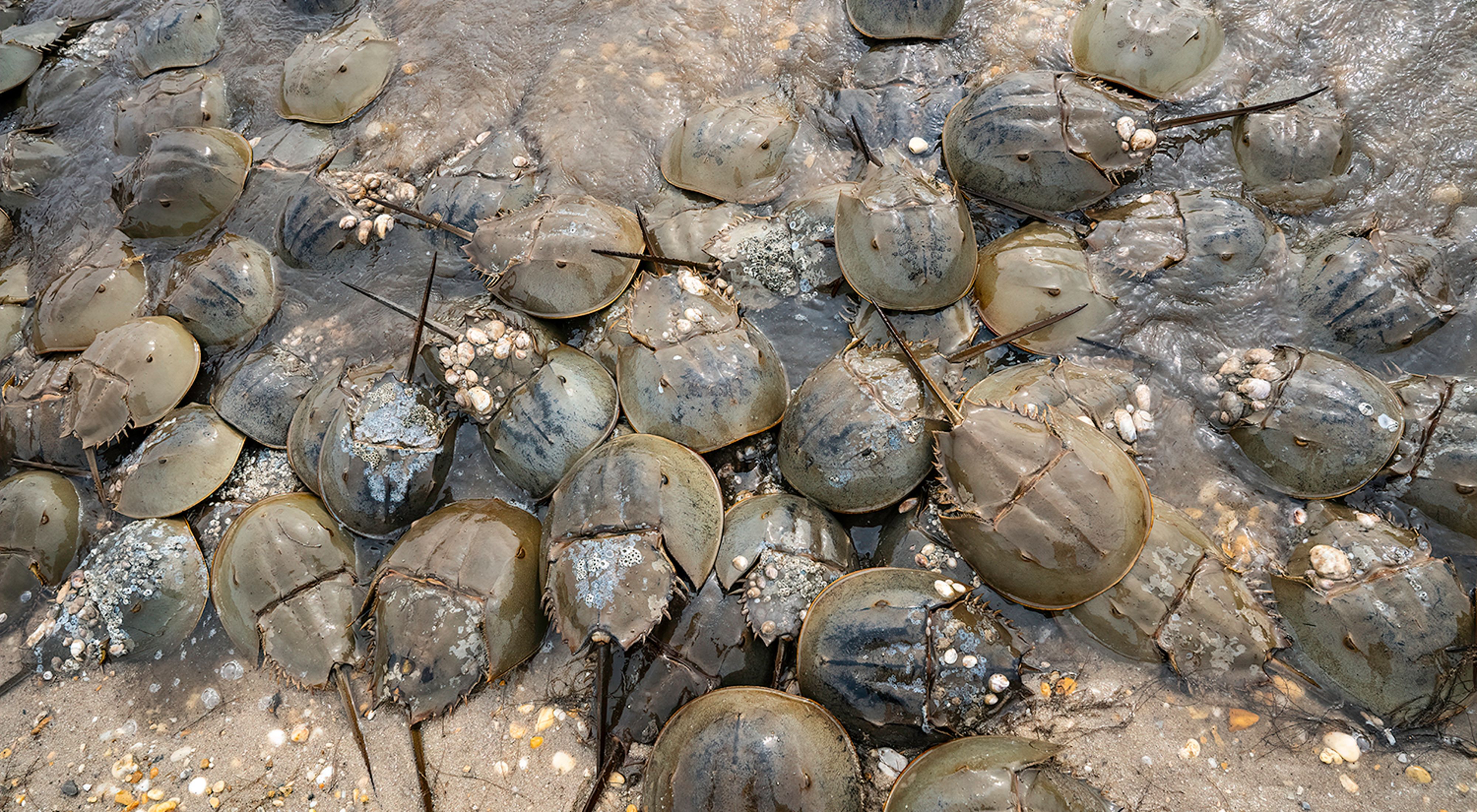Media Contacts
-
Emily Knearl
Delaware Director of Government Relations & External Affairs
Phone: 302-354-2852
Email: Emily.Knearl@tnc.org
Time is running out to protect Delaware’s natural beauty. Open spaces offer a variety of benefits, from protecting wildlife habitats to sequestering carbon to offering recreational opportunities and so much more. To shine a spotlight on the importance of land conservation, the Delaware Land Protection Coalition (DLPC) announced today the Second Annual Conservation Day in Legislative Hall on Wednesday, May 10 from 11 a.m. to 4 p.m.
The DLPC is a group of conservation-focused organizations committed to increasing the amount of land, including natural, cultural, historical and recreational resources, protected. The DLPC was formed in 2021 with the goal of increasing coordination among conservation organizations and strengthening public and private open-space partnerships. The May 10 Conservation Day will focus on the coalition’s goal of adding $5 million to the State Outdoor Recreation, Parks and Trails program in the upcoming Bond Bill.
Coalition members will be meeting with legislators on May 10 to highlight the importance of open space, including how it:
- Helps to address climate change by capturing carbon through forest conservation and alleviating flooding caused by increased rainfall and storms. In the U.S., forests capture and store almost 15% of the carbon dioxide emissions every year—equivalent to annual emissions of 165 million cars. And for every $1 invested in land protection, there is a $5 return in reduced flooding impacts. Preserving open space was also suggested as one of many remedies to address climate change in the DNREC Climate Change Action Plan.
- Provides enormous economic benefits for a state known as an outdoor recreation and retirement destination. Delaware’s tourism industry contributes $3.5 billion to the economy, and much of that industry is focused on outdoor experiences. Delaware has also become a retirement destination of choice for out-of-state retirees, and while our low taxes are an important factor, the quality of life and easy access to natural resources is another important driver to attract and retain this important tax base for the state.
- Protects water quality by offering natural filtration systems and preventing contamination caused by development.
- Preserves habitats to provide an essential home to native animals and plants.
- Supports mental and physical health as research has connected green spaces and outdoor recreation to a variety of health benefits, including greater relaxation and physical activity opportunities. The value of open space is also a critical component of the State’s public health infrastructure, which was crystalized by the 72% increase in State Park visitation realized during the first year of the pandemic.
“We are grateful to last year’s Bond Bill Committee members and the General Assembly for appropriating an additional $10 million in state open space funding. It was a key goal of the Delaware Land Protection Coalition, and we have already heard how the extra funding was helpful,” said Lori Brennan, executive director of The Nature Conservancy Delaware/Pennsylvania. “We are hopeful that the $5 million investment to support local government and nonprofit partnerships to purchase open space will similarly resonate with General Assembly members. Conserved lands contribute to our sense of community and identity of place and serve as a vital protector of wildlife habitats.”
“Land protection is a cornerstone of the center's work as it helps to achieve our water quality and habitat protection goals, and it helps mitigate climate change,” said Michelle Schmidt, director of conservation and watershed planning for Delaware Center for the Inland Bays. “It is one of the best green infrastructure practices because it is associated with so many different benefits. We are very excited about the work the DLPC is doing, and we are very happy to be a part of it.”
Without state conservation investments over the years, Delaware would not have what we know now as the boundaries of White Clay Creek, Killens’ Pond or Cape Henlopen State Park, to name just a few. Open space programs are vital as time is running out to conserve more land as property values rise and development pressures increase. Delaware must act now to preserve more natural, cultural, historical and recreational resources before it is too late.
To learn more about open space advocacy or register for the event, email Emily Knearl: emily.knearl@tnc.org.
Delaware Land Protection Coalition members include Delaware Center for Inland Bays, Delaware Wild Lands, The Nature Conservancy, Kent County Conservancy, League of Women Voters of Delaware, Ducks Unlimited, Delaware Nature Society, Sussex County Land Trust, Preservation Delaware, Native Species Council, Sussex 2030, Land Trust Alliance, Nanticoke River Watershed Conservancy, Sussex Preservation Coalition and representatives from New Castle County and Kent County.
The Nature Conservancy is a global conservation organization dedicated to conserving the lands and waters on which all life depends. Guided by science, we create innovative, on-the-ground solutions to our world’s toughest challenges so that nature and people can thrive together. We are tackling climate change, conserving lands, waters and oceans at an unprecedented scale, providing food and water sustainably and helping make cities more sustainable. The Nature Conservancy is working to make a lasting difference around the world in 81 countries and territories (40 by direct conservation impact and 41 through partners) through a collaborative approach that engages local communities, governments, the private sector, and other partners. To learn more, visit nature.org or follow @nature_press on X.
